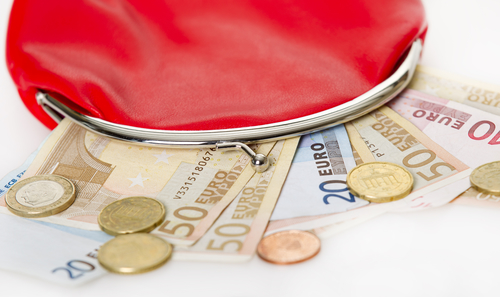CPB revises down spending power projections, puts up economic growth


The government’s macro-economic think-tank CPB has revised down its spending power projections for this year, saying people will only have 1.2% more in disposable income than a year ago.
The previous forecast was an average rise in spending power of 1.6%. For 2020, the CPB has increased its forecast marginally, from 1.3% to 1.4%.
This year’s forecasts have been revised because wages have not risen by as much as thought, while prices have gone up, partly due to the increase in value added tax on food, the CPB said in its June statement.
The think tank expects wages to rise an average 2.5% this year, while inflation will hit 2.6%.
The CPB estimates come in the wake of surprise comments made by prime minister Mark Rutte this weekend, in which he told the VVD party congress the government may reconsider cutting corporation tax if big companies did not start putting up wages significantly.
‘The only thing which is going up is the salaries of senior staff, not people covered by collective labour agreements (cao),’ Rutte said. ‘They are not going up enough, and I do not consider that to be acceptable.’
Unemployment
The CPB also expects unemployment to rise slightly next year and puts economic growth at a ‘standard’ 1.7% this year and 1.5% in 2020.
‘American trade policy, Brexit and Italy are important risk factors for the Dutch economy,’ the CPB said. ‘There is a real chance that the the US will bring in tariffs on European cars and other trade limits. And the chance of a disorderly Brexit has only increased with prime minister May’s resignation.’
Thank you for donating to DutchNews.nl.
We could not provide the Dutch News service, and keep it free of charge, without the generous support of our readers. Your donations allow us to report on issues you tell us matter, and provide you with a summary of the most important Dutch news each day.
Make a donation